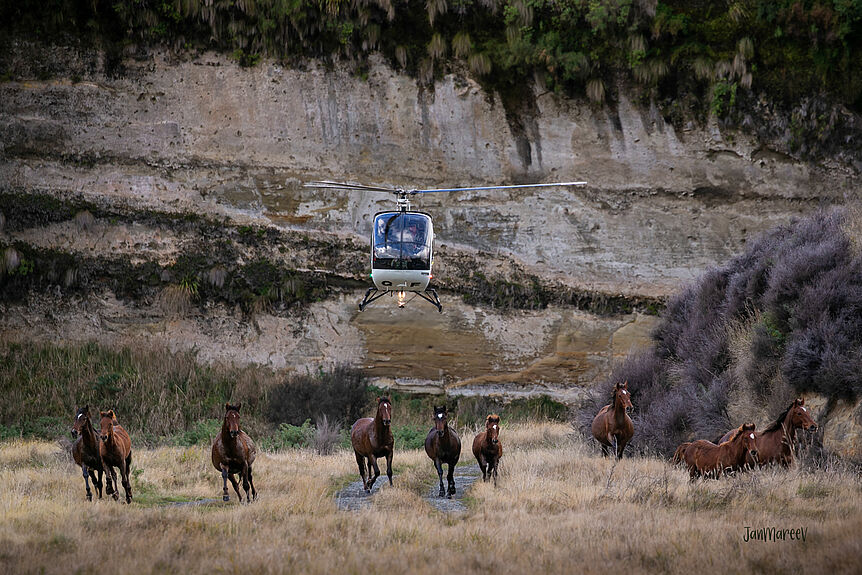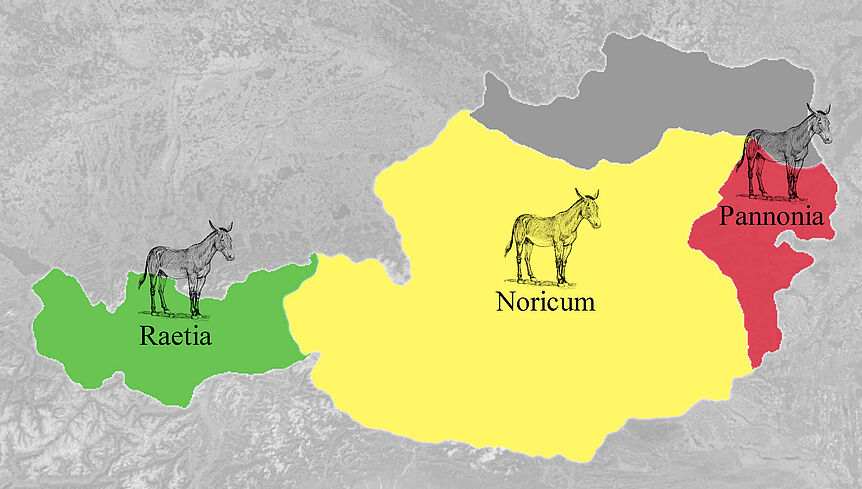The Department of Evolutionary Anthropology

The Department of Evolutionary Anthropology
The Department of Evolutionary Anthropology at the University of Vienna was founded more than 100 years ago and is the only biologically oriented anthropology at university level in Austria. The department was recently growing significantly by incorporating new workgroups. Thus our portfolio is now covering a broad range of approaches to study the evolution of humans from different perspectives, including the history of their ancestors and closest relatives. The eleven leaders of workgroups are well established in the scientific community and maintain numerous links to research institutions in the world.
Our workgroups cover topics in the field of human evolution from functional morphology, paleogenomics, paleoproteomics, bioinformatics, isotopes, and radiocarbon dating to evolutionary demography, human life history, history of pathogenes, bioarchaeology, human behavioural biology, animal domestication, and human ecology.
The Department of Evolutionary Anthropology is also at the core of the research network "Human Evolution and Archaeological Sciences - HEAS" with the goal to study human biological and cultural evolution together in an interdisciplinary network.
Please use the links for more information about the different research teams and the people involved. Furthermore you will find news and links about the different groups and partners involved.
For students the Teaching and Student Info navigation points provide necessary information about courses, examinas and excursions as well as teaching materials.
Our mission is to advance, increase, and disseminate knowledge about human evolution through research, teaching, publishing, and other forms of outreach to the general public.











